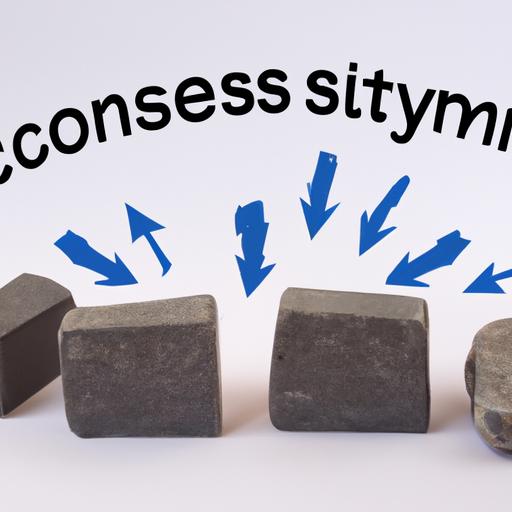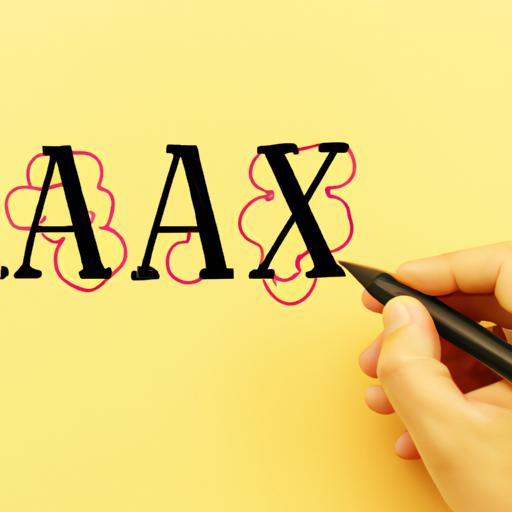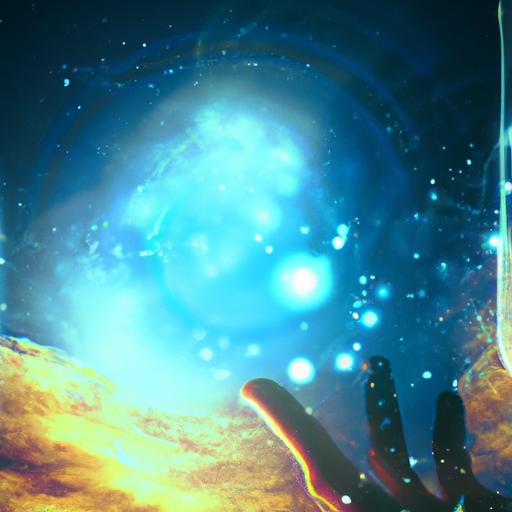In a world where technology continues to advance at an exponential rate, it’s hard not to wonder about the AI we could have had. From futuristic robots with human-like intelligence to machines capable of solving complex problems with ease, the possibilities seem endless. However, as we navigate the ever-changing landscape of artificial intelligence, the question remains – what could have been if we had pursued certain paths in AI development? Let’s explore the potential of the AI we could have had and the impact it could have had on society.
A Visionary Approach to AI Development
In an alternate reality where AI development took a more visionary approach, we could be living in a world where artificial intelligence transcends its current limitations. Picture a society where AI is not just a tool, but a true partner in innovation, creativity, and problem-solving. Imagine AI systems that can anticipate our needs before we even realize them, providing personalized solutions in every aspect of our lives.
With , we could have had:
- Intelligent machines capable of self-learning and adapting to new challenges
- AI systems that prioritize ethical decision-making and social responsibility
- A seamless integration of AI into all aspects of society, enhancing human capabilities and collective intelligence

Missed Opportunities and Setbacks
Throughout the years, there have been countless in the development of artificial intelligence. One particular instance that stands out is the abandoned project that could have revolutionized the way we interact with technology. Imagine a world where AI was not only capable of understanding human emotions, but also able to provide empathetic responses to those in need. This technology could have been a game-changer in mental health support, customer service, and even personal relationships.
Unfortunately, due to financial constraints and technical challenges, the project was put on hold indefinitely. It is a reminder of the potential that could have been realized if only the right resources and support were in place. As we reflect on this missed opportunity, it serves as a valuable lesson in the importance of perseverance and collaboration in the pursuit of innovation. Who knows what other groundbreaking advancements we might be missing out on due to similar setbacks?

Lessons Learned for Future AI Innovations
Looking back at the journey of AI development, there are valuable lessons that can guide us in shaping future innovations. One key realization is the importance of ethical considerations in AI design. By prioritizing ethical principles such as transparency, accountability, and fairness, we can ensure that AI technologies benefit society as a whole.
Another lesson learned is the significance of interdisciplinary collaboration in AI research. By bringing together experts from diverse fields such as computer science, psychology, and philosophy, we can create more holistic and effective AI solutions. Embracing a multidisciplinary approach can lead to more innovative and impactful AI advancements that address complex real-world challenges.

Maximizing the Potential of AI Technology
Imagine a world where AI technology is not just a tool, but a true partner in innovation. A world where artificial intelligence has reached its full potential, reshaping industries and transforming the way we live and work. In this world, AI is seamlessly integrated into every aspect of our daily lives, making complex tasks simple and mundane tasks automated. The possibilities are endless, from revolutionizing healthcare with personalized treatment plans to optimizing transportation systems for efficiency and sustainability.
With the right investment in research and development, we could have AI systems that not only learn from data but also understand human emotions and nuances. These advanced AI systems could enhance our creativity and problem-solving skills, augmenting our capabilities rather than replacing them. By , we could unlock a future where machines and humans work together harmoniously to achieve remarkable feats beyond our imagination.
The Way Forward
As we look back on the AI that could have been, we are left to wonder about the endless possibilities that were within reach. The potential for groundbreaking advancements and innovations remains tantalizingly close, yet just out of grasp. It serves as a reminder of the importance of ethical considerations and responsible development in shaping the future of artificial intelligence. While we may never know what could have been, we can strive to ensure that the AI we do have is used for the betterment of society and the world as a whole. The road not taken may forever remain a mystery, but the path forward is ours to shape.



